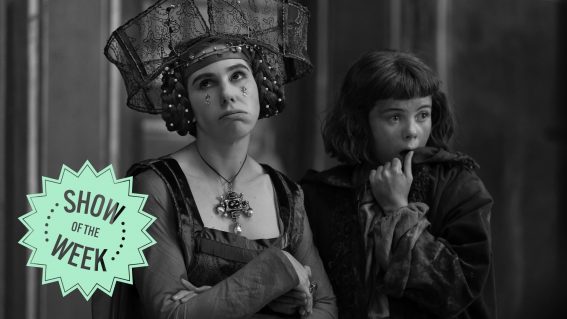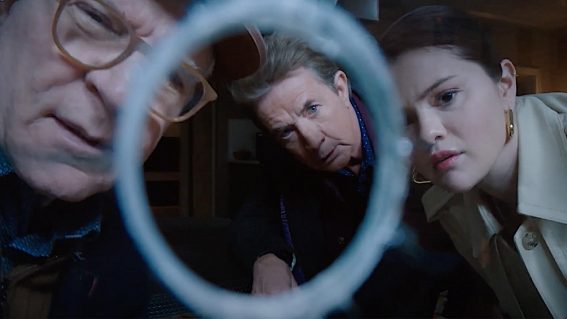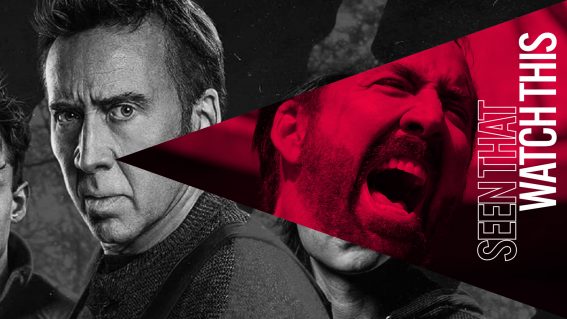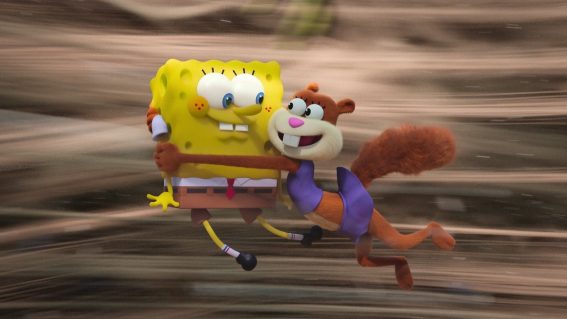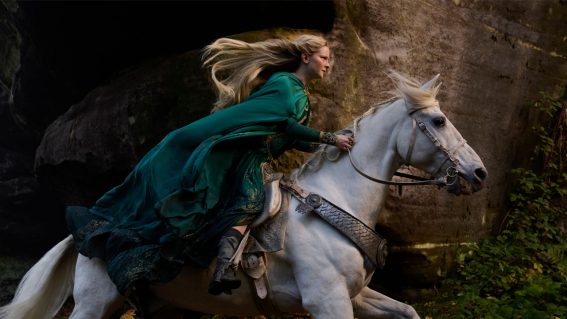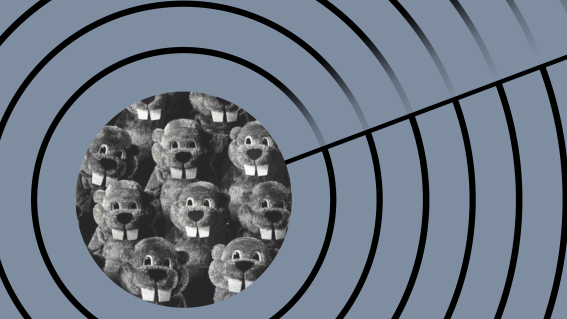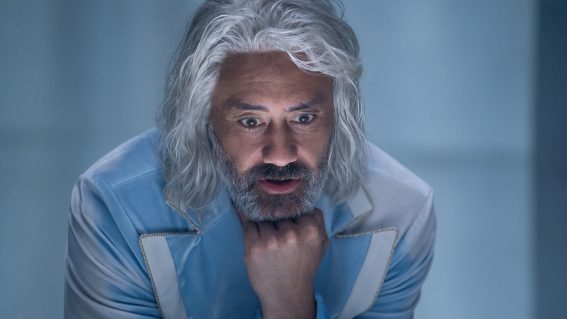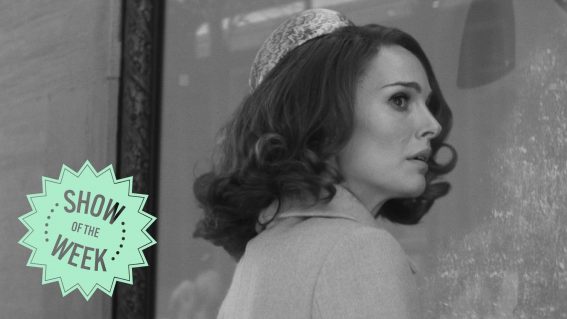Hard to defend and harder to resist, 1989’s Road House is a stone-cold good-bad classic
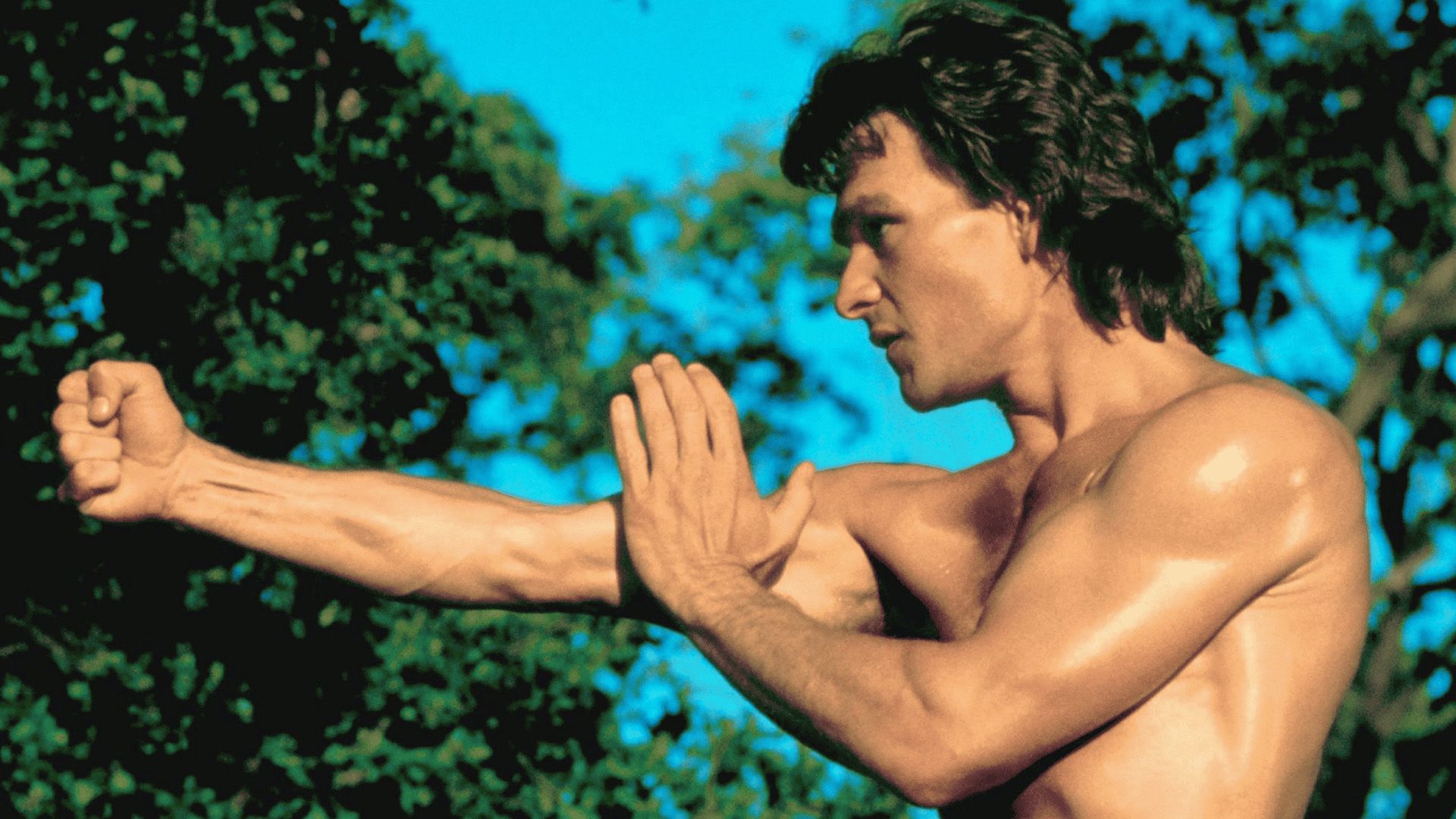
Patrick Swayze stars in 1989’s Road House, a ridiculously OTT B-movie about bouncers that Matt Glasby has a blast revisiting.
When Road House swaggered into cinemas in the summer of 1989, nobody could have known it would become a stone-cold good-bad classic, revered by lovers of cult cinema everywhere.
Directed by Rowdy Herrington (Striking Distance) from a script by David Henry Lee (Out for Justice) and Hilary Henkin (Romeo is Bleeding), it’s a ridiculously OTT B-movie about bouncers, but one that’s awkwardly embellished with some A-list cast and crew.
Star Patrick Swayze was nearing the peak of his post-Dirty Dancing prowess; Dean Cundey was the cinematographer of choice for Robert Zemeckis and John Carpenter; and composer Michael Kamen had just scored Die Hard. “The movie’s better than it had to be,” admitted Herrington. Critic Gene Shalit disagreed, calling it “Outhouse”.
Whichever way you cut it, Road House’s competence can’t hope to match its confidence, with maximalism the guiding principle at all times. Almost every scene ends with an epic punch-up; the baddies drive a monster truck just because they can; and there isn’t a top the camera won’t look down. It’s simultaneously hard to defend and hard to resist.
If Road House were a band, it would be AC/DC; if it were a person, they’d wear sunglasses indoors and say “titties”; if it were a drinking game, anyone who played it would die, but you’d still want to play it.
Dalton (Swayze) is the one of the best coolers (head bouncers) in the business. Well, second. When he’s asked to work the door at the troubled Double Deuce bar in Jasper, Missouri, he agrees, as long as the owner, Tillman (Kevin Tighe), gives him complete control and pays all his medical expenses.
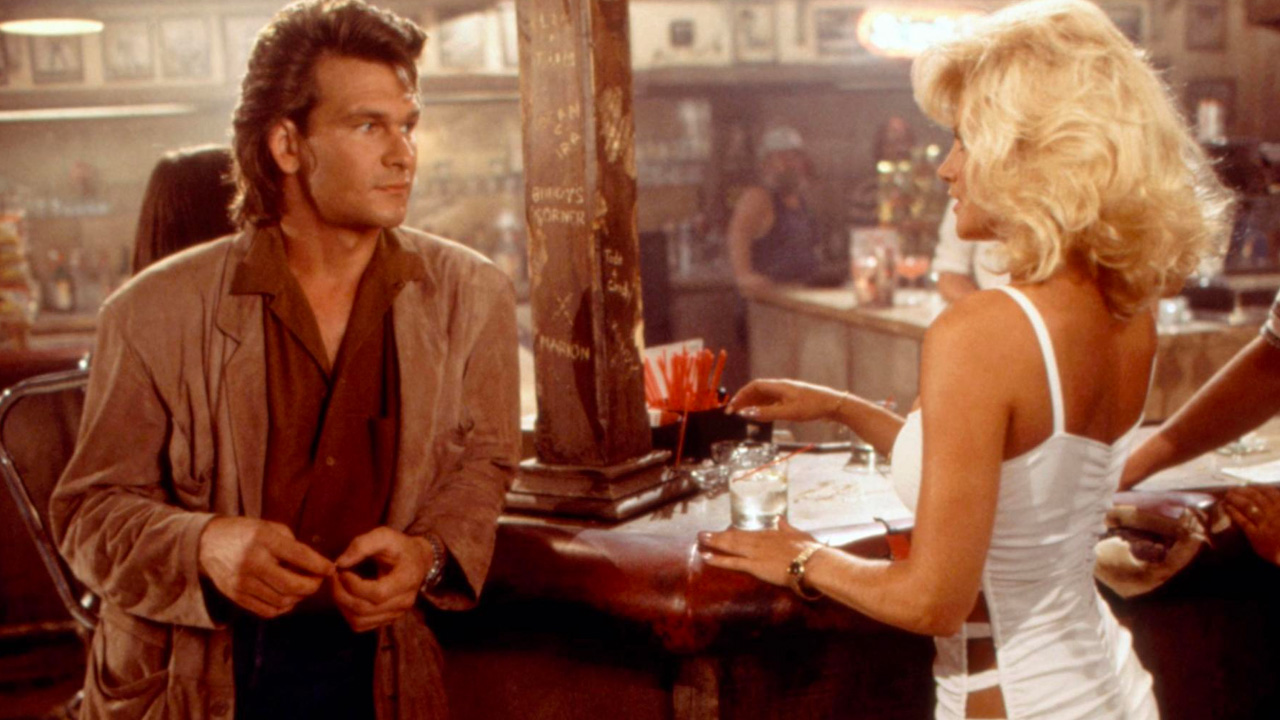
The Double Deuce, it transpires, is an absolute shithole, “The kind of joint”, as Tillman puts it, “you sweep up the eyeballs after closing.” It’s certainly never boring. While Cody (real-life rock musician Jeff Healey) and his band grind out songs about gypsy women from behind safety wire, the locals get on with groping, doping and dishing out life-changing injuries to the sound of smashing sugar glass.
Not that Dalton’s fazed. Nothing fazes Dalton. “All you have to do is follow three simple rules,” he tells his crew. “One, never underestimate your opponent. Expect the unexpected. Two, take it outside. Never start anything inside the bar unless it’s absolutely necessary. And three, be nice.” Say what? “I want you to be nice… until it’s time to not be nice,” he clarifies, a real double-think doozey.
It doesn’t take him long to clean up the Double Deuce and romance emergency room hottie Dr Elizabeth Clay (Kelly Lynch)—perhaps the reason for those medical expense stipulations—but then he realises the whole town is under the control of evil magnate Brad Wesley (Ben Gazarra).
With the help of old bouncing pal Wade Garrett (Sam Elliott), aka the actual best in the business, plus the local residents, he starts trying to clean up Jasper too. It’s the kind of place where down-home townsfolk say things that sound like phrases but aren’t. “Does a hobby horse have a wooden dick?” asks auto store owner Red Webster (Red West, once Elvis’s bodyguard). Sadly, we never do find out.
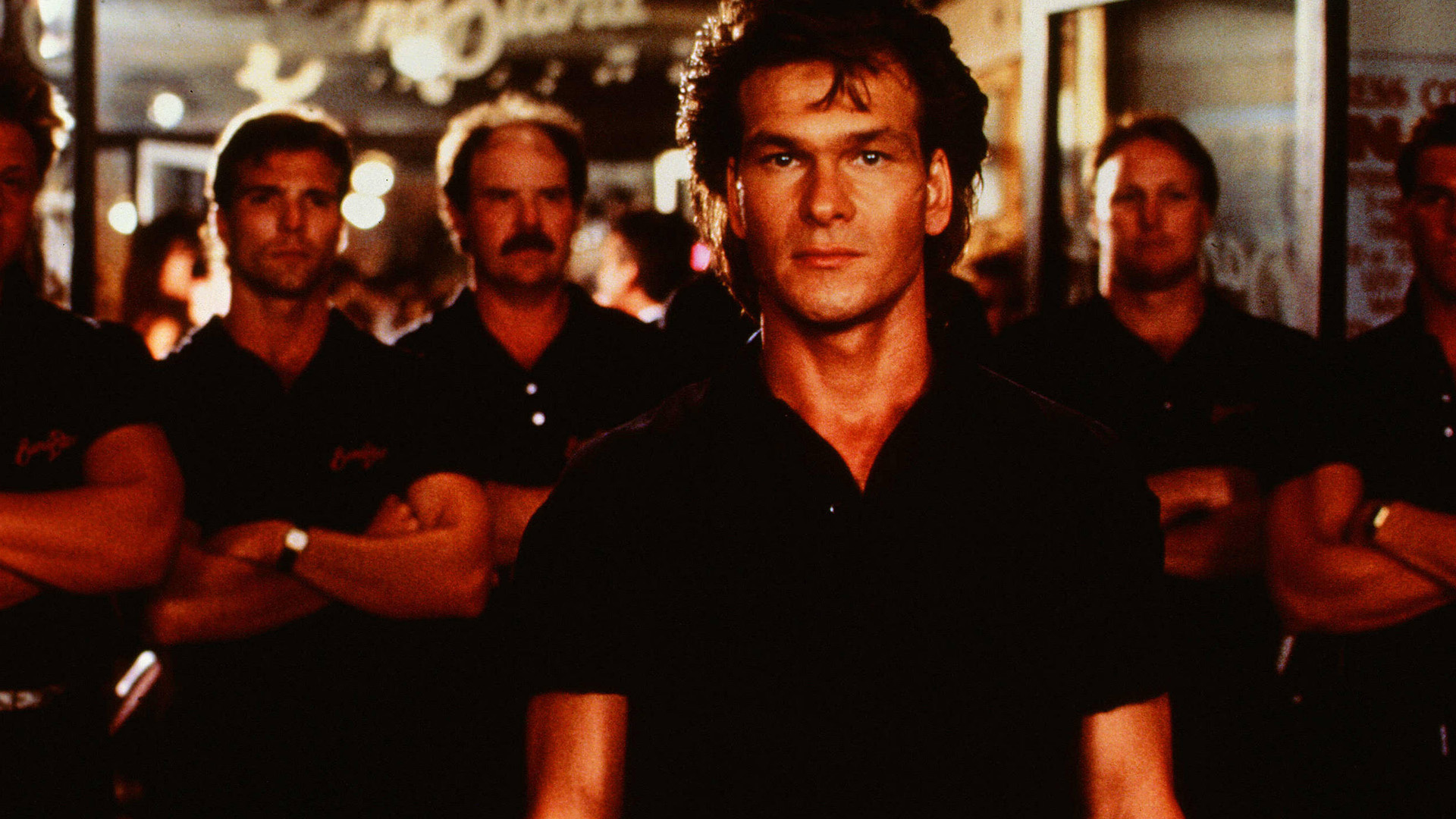
Similarly, despite the amount of time spent watching and/or talking about bouncing, nobody involved in the film seems to have met an actual bouncer. Instead we have Dalton, impeccably coiffed and impractically dressed—white cargo pants anyone?—dispensing cliches such as, “I’m telling you straight out, it’s gonna be my way or the highway!” while everyone looks on in awe.
It’s the kind of role that feels like it’s been endlessly fluffed up by writers unseen—perhaps Swayze’s own. Dalton doesn’t fly, or drink on the job; he’s respectful to women, who all want to fuck him, and their boyfriends, who all want to kill him. Otherwise, everyone likes him. Old people like him, farmers like him, hell, even horses like him. Half of the time, he preaches peace—“Nobody ever wins a fight,” he says sagely—the rest, he kicks ten shades of shit out of people. “He killed a guy once,” offers a barfly. “Ripped his throat right out.” “I heard you had balls big enough to come in a dump truck,” offers another. Only one of these theses is proved correct, but you just never know with this guy.
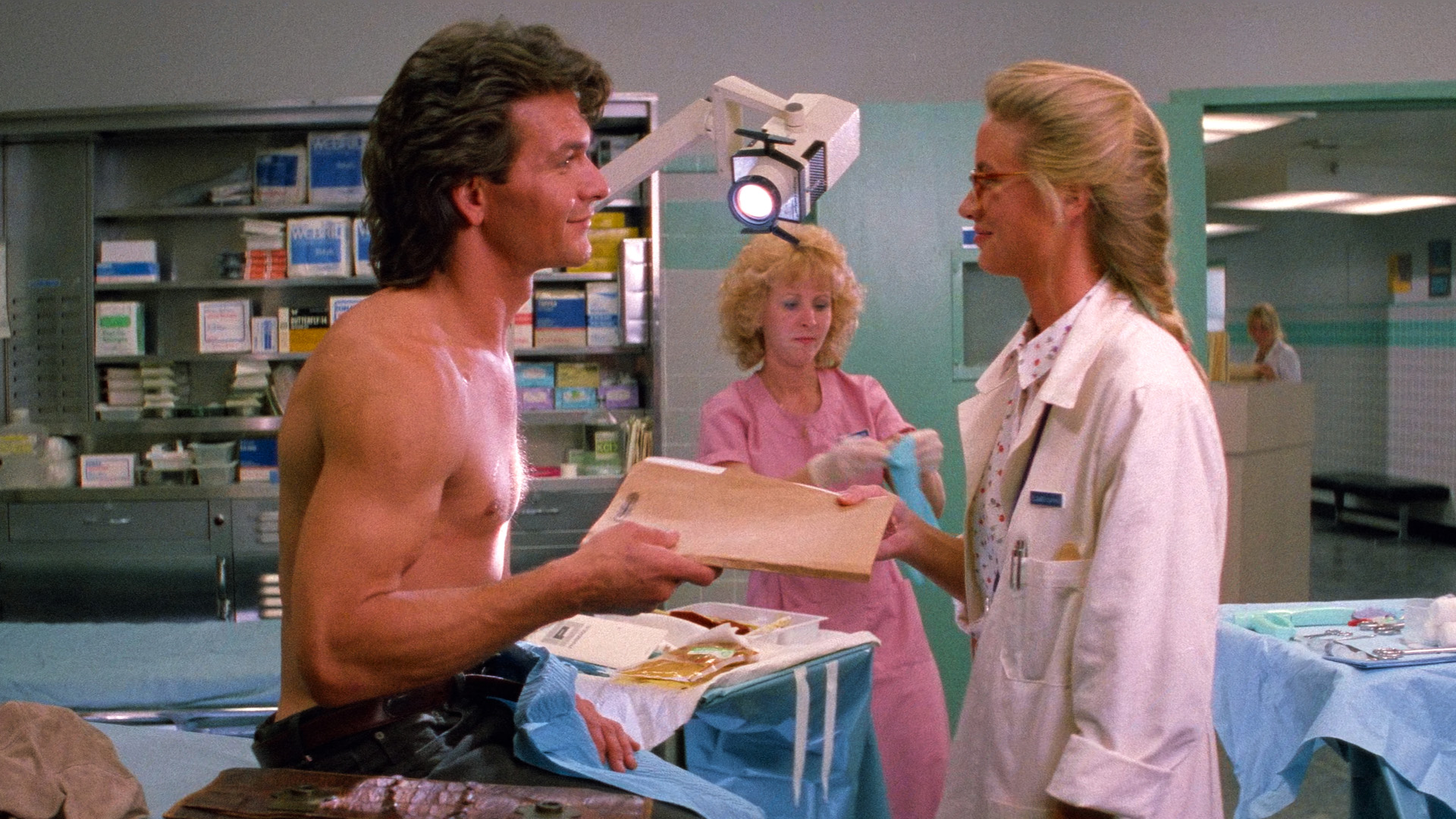
When Dalton is too hurt to stitch himself up, he takes his medical files—which he carries around with him to save time—to the local emergency room for one of the film’s funniest scenes. “Well Mr Dalton,” says Dr Clay, “you may add nine staples to your dossier of 31 broken bones, two bullet wounds, nine puncture wounds and four stainless steel screws. That’s an estimate, of course.” She then offers him a local anaesthetic, which he refuses because, “Pain don’t hurt.” His files also say he’s got a philosophy degree from NYU. “Any particular discipline?” Clay asks. “No, not really, erm, man’s search for faith, that sort of shit,” offers Dalton, suddenly bashful. Maybe it’s time to keep his CV and his medical files separate.
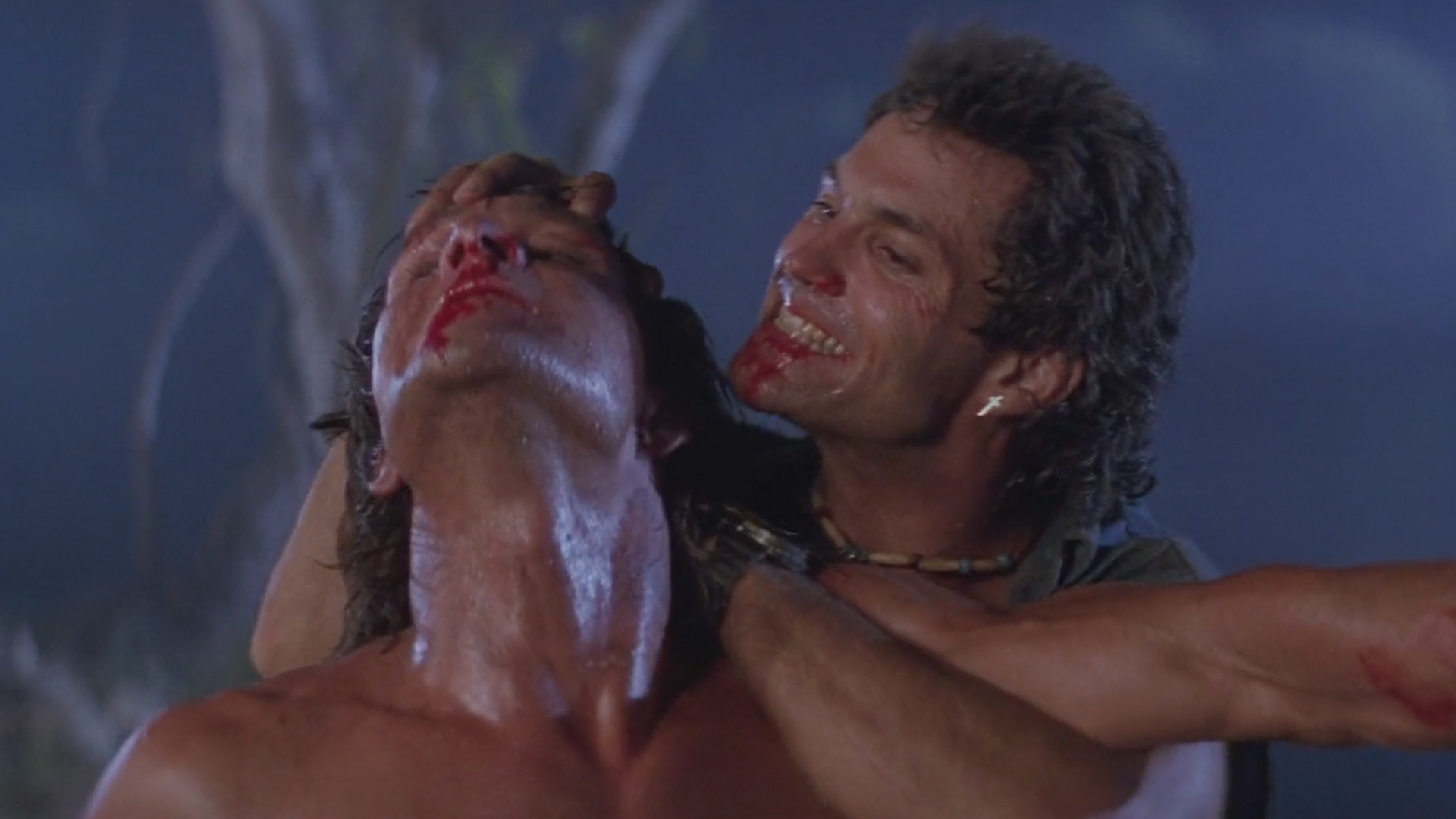
Lynch—who replaced Annette Bening because Bening and Swayze “lacked chemistry”—does her best, but the film’s main currency is sublimated male-on-male desire. “I always wanted to try you,” one thug tells Dalton. “I think maybe I can take you.” And, “I thought you’d be bigger,” is a repeated refrain. In one scene, the camera watches adoringly as Dalton does tai chi by the lake. Later, as he fights Wesley’s henchman Jimmy (Marshall Teague), topless, in the same location, Jimmy tells him, “I used to fuck guys like you in prison!”
And that’s Road House’s appeal in one. It can’t just be a slightly homoerotic film about bouncing, it has to be THE MOST HOMOEROTIC FILM ABOUT BOUNCING EVER MADE. “I saw it as a cartoon,” said Herrington. “Broader than life. Brighter than life.” Whether it’s also better than life depends on your blood-alcohol content. Play nice now.





